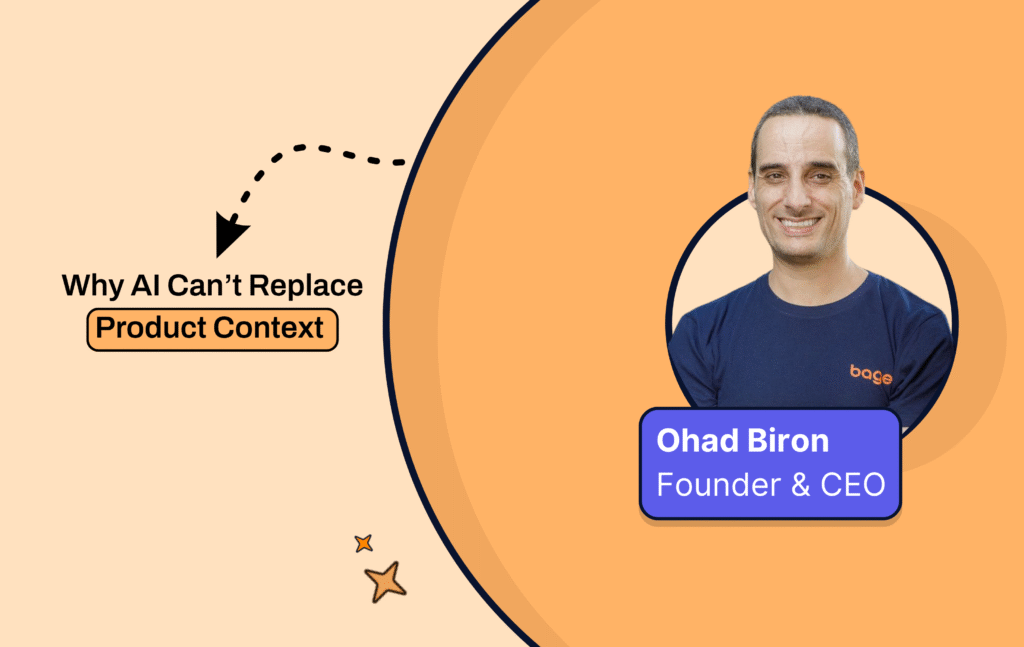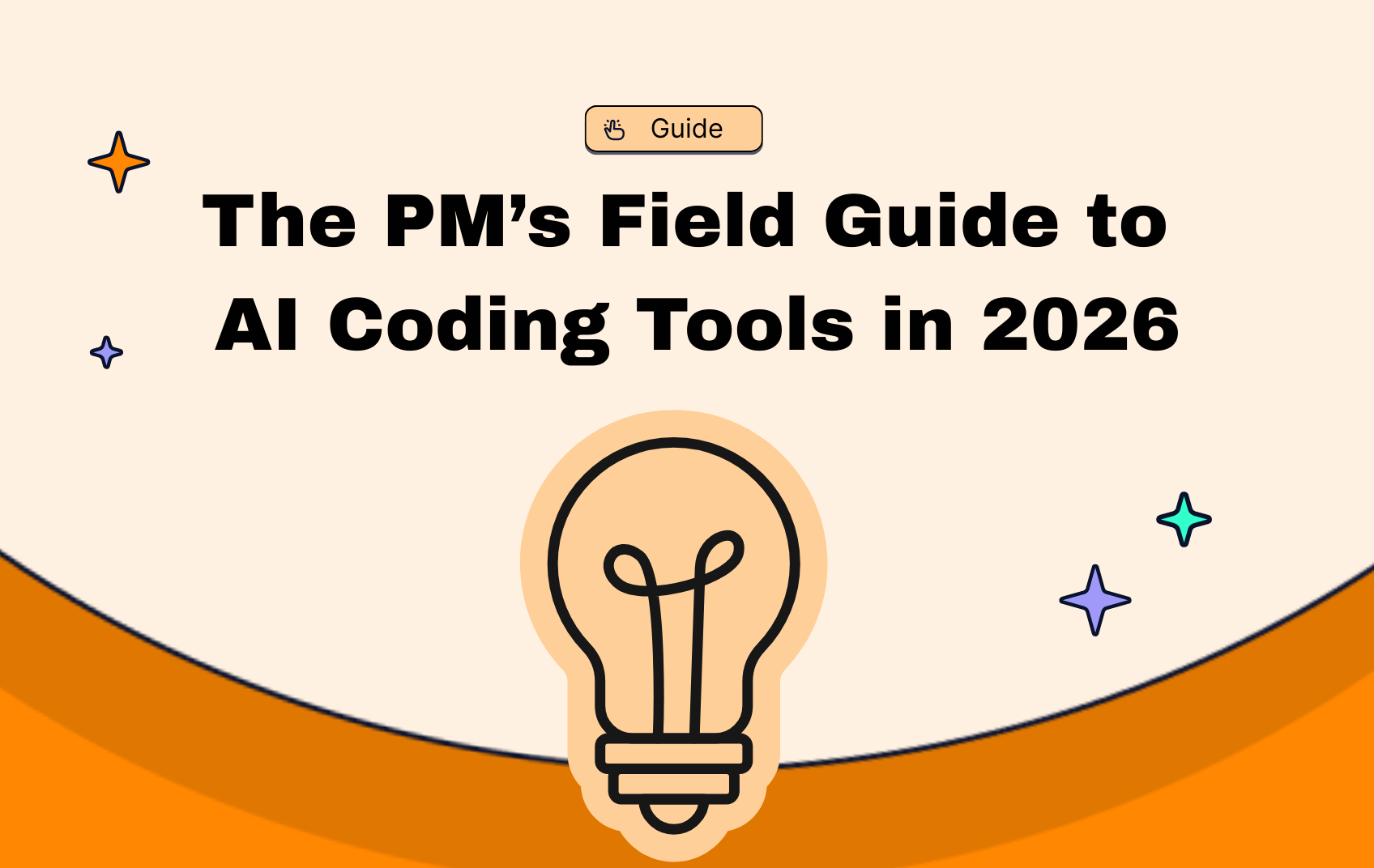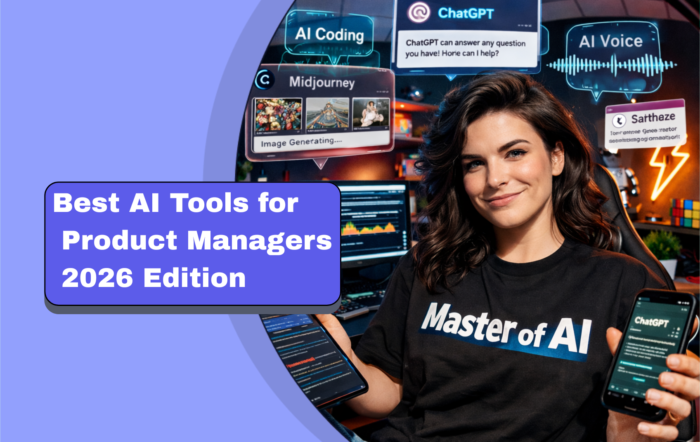I posted on LinkedIn recently about a clip from ElevenLabs where Luke Harries says they don’t have product managers. Engineers own the roadmap. They build, ship, and analyze results. No PMs.
Except… they do. They just call them “growth.”
That post hit a nerve. The comments were fast, deep, and from people who’ve actually lived it. So I wanted to go deeper here:
What really happens when you remove PMs? Can AI actually fill the gap? And what’s at stake when context goes missing?
The Temptation to Flatten
Early-stage teams, especially in SaaS, want speed. They want autonomy. PMs get folded into growth, or vanish altogether. Engineers pick up more responsibility. AI tools start doing the jobs humans used to do manually.
In theory, it sounds efficient. In practice, you start to lose the plot.
You ship fast, but not always smart. You respond to noise instead of signal. You chase requests instead of strategy. And the roadmaps? Full of ideas that sound good but never land.
Why Context Is the Whole Game
Product managers don’t exist to slow things down. They exist to connect the dots.
They connect what users are saying to what sales is hearing to what actually moves the needle for the business. They connect customer pain to roadmap priorities. They say no to the cool-but-pointless features and yes to the quiet ones that drive retention.
And they live in a mess. In the friction between teams. In the nuance of why one lost deal matters more than three small wins. That nuance doesn’t show up in a Jira board or a code commit. It lives in conversations. In patterns. In judgment.
Where AI Helps and Where It Doesn’t
Let’s be honest: AI is incredible at surfacing data. At Bagel AI, we built our platform to do exactly that — to pull signal from chaos and bring visibility to what’s blocking deals, where churn is creeping in, and what product gaps actually cost you revenue.
But AI doesn’t know which signal matters most. It doesn’t prioritize across teams. It doesn’t understand why one customer’s pain needs to jump the line or why a feature that solves five edge cases still shouldn’t get built.
AI is a tool. A powerful one. But context still needs a human brain.
What Happens When Context Is Missing
We’ve all seen it. Products bloated with features no one asked for. Roadmaps that chase noise. GTM teams are frustrated because feedback never turns into action. PMs gone, but the work scattered across ten people with no one truly owning the whole picture.
And when things stall, churn ticks up, deals fall through, growth slows and no one can say why.
The PM Role Isn’t Dead. It’s Evolving
Call it product. Call it growth. Call it product ops. I don’t care. But someone has to own context. Someone has to be accountable for connecting user signals to business outcomes.
And those people? They’re no longer just process owners or project trackers. They’re domain experts. PMs today are deeply immersed in their customers’ worlds, understanding not just what users are saying, but what it means in the broader business context. They’re the ones who interpret patterns, connect edge cases to trends, and make trade-offs that only a true domain expert can.
Now, with tools like AI finally making the messy parts of PM work faster — tagging tickets, grouping feedback, surfacing blockers, we finally have a way to do this at scale.
That’s what Bagel AI is about. Not replacing the PM. Elevating them. Giving them real-time signals so they can make better decisions, faster. So they’re not guessing. So they’re not reactive. So they can spend less time in spreadsheets and more time driving outcomes.
Product Work: Then vs. Now
| Then: Manual, Siloed, Slow | Now: Context-Rich, AI-Accelerated | |
| Customer Feedback | Scattered across tickets, calls, and Slack | Unified and auto-tagged with AI across systems |
| Evidence | Manually pulled from CRM, support conversations, Gong transcripts, customer surveys, NPS results, long-form interviews, win/loss analysis, spreadsheet exports, and team Slack threads | Summarized, prioritized, and surfaced by AI |
| PM Workload | Chasing context, cleaning spreadsheets | Focusing on trade-offs, outcomes, and strategy |
| Roadmap Decisions | Based on gut feel or loudest voice | Tied to revenue, customer impact, and trends |
| Cross-Team Sync | Slow handoffs and constant re-alignment | Shared context across GTM, eng, and product |
| Feature Impact | Measured after launch, sometimes forgotten | Forecasted, tracked, and updated continuously |
| AI’s Role | Minimal or generic dashboards | Embedded in workflows to enhance decisions |
| PM Role | Project tracker, ticket pusher | Strategic operator focused on customer outcomes |
What This All Adds Up To
Removing PMs might feel bold. But it’s not a shortcut to velocity. It’s just a shortcut to confusion. You can automate the inputs, but someone still has to decide what matters.
If you want product work that drives revenue, reduces churn, and aligns teams, you need context. And context needs ownership.
What to Do About It
- Start by asking: Who actually holds product context in your org?
- Define the role, not the title: Whether it’s PM, growth, or AI ops, someone has to connect product to customer to revenue.
- Give them better tools: Bagel AI helps with that. It surfaces what matters without the manual legwork.
- Move fast, but stay grounded: Speed without signal is just expensive guessing.
About Bagel AI: Bagel AI is the first AI-native Product Intelligence platform, purpose-built for product teams who want to work with context, not assumptions. It connects the dots between customer feedback, GTM insights, and product delivery, automatically. Bagel surfaces the real revenue blockers, churn risks, and expansion levers hiding in your stack (Gong, Salesforce, Zendesk, Jira, and more) and helps PMs prioritize with precision.
About the author: Ohad Biron is the Co-Founder and CEO of Bagel AI – the first AI-native Product Intelligence platform. He’s spent the last decade building in the space between revenue, product, and customers. His mission: eliminate guesswork from product decisions and help teams ship what actually matters.



